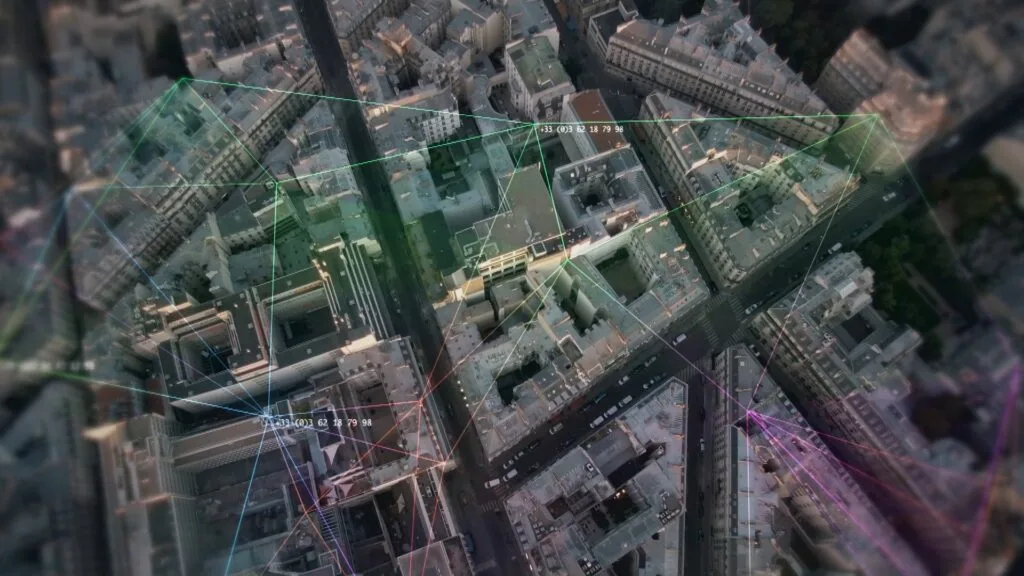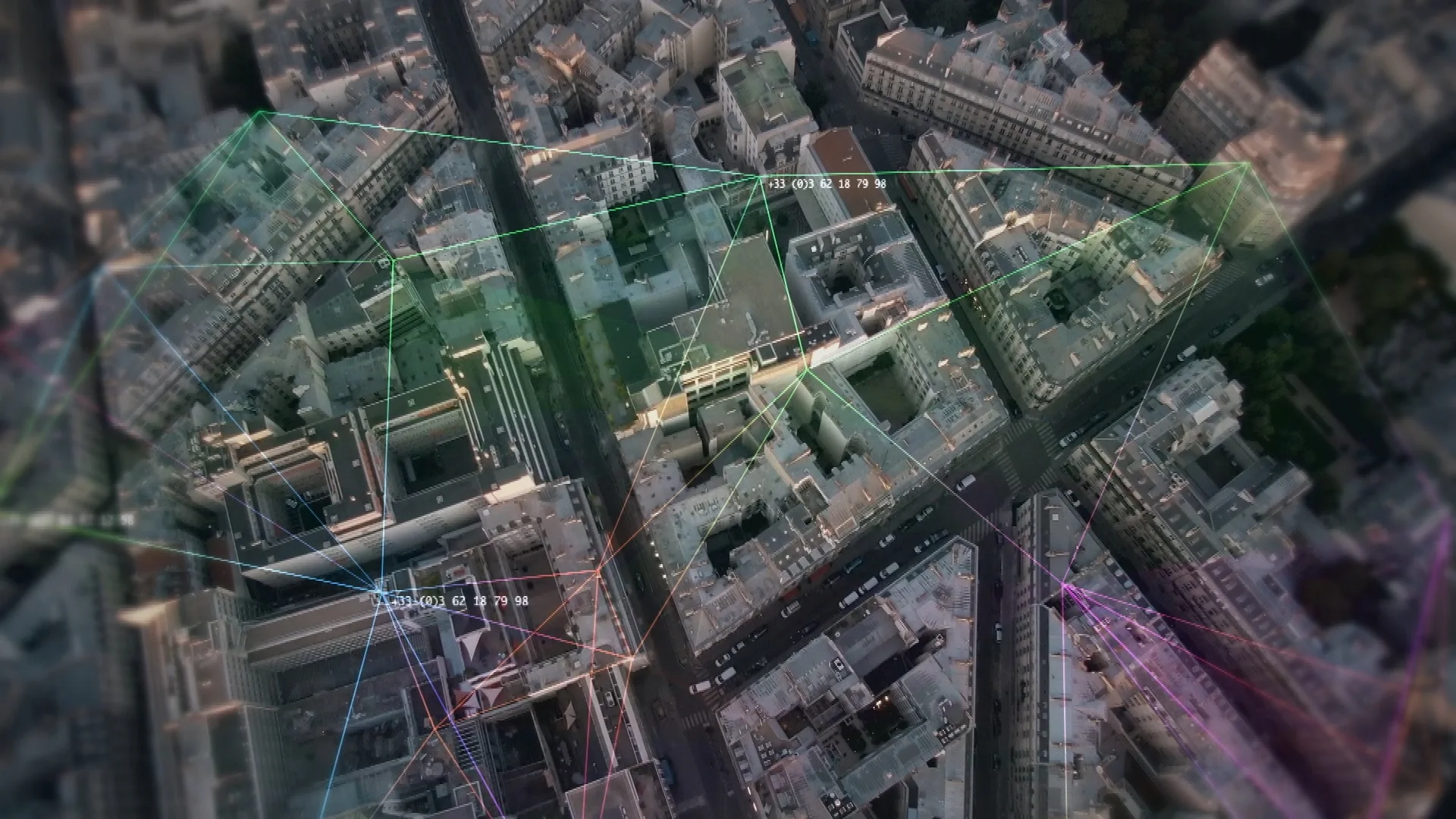She Investigated Government Corruption. She Became a Pegasus Spyware Target.
January 3, 2023
Share
Khadija Ismayilova was no stranger to being a target.
In years past, the award-winning investigative journalist — who reports on government corruption in Azerbaijan, an oil-and-gas-rich former republic of the USSR — had been blackmailed, arrested, imprisoned and forbidden to leave her country.
Then came a new, unforeseen threat.
In the above excerpt from the two-part documentary series Global Spyware Scandal: Exposing Pegasus, Ismayilova learns she’s been targeted with Pegasus — a powerful hacking tool sold to governments by the Israeli company NSO Group that gives its operators complete access to its targets’ mobile devices.
NSO Group says it sells Pegasus to vetted governments for “the sole purpose of preventing and investigating terror and serious crime.” But Global Spyware Scandal: Exposing Pegasus chronicles how a groundbreaking investigation by 17 news organizations including FRONTLINE, led by the French journalism nonprofit Forbidden Stories with technical support from Amnesty International’s Security Lab and additional assistance from Citizen Lab, found that Pegasus had been used on human rights activists, the wife and fiancée of the murdered Saudi columnist Jamal Khashoggi, and others.
Including journalists like Ismayilova.
“I feel guilty for the information sources who send me thinking that some encrypted messaging ways are secure,” Ismayilova says in the excerpt. “They did it and they didn’t know that my phone is infected. … it’s not just me. I put so many people in danger.”
She says her feelings of guilt were mixed with rage.
“I’m angry with the government,” Ismayilova says. “I’m angry with the companies that produce all these tools and sell it to the bad guys, like [Azerbaijani President Ilham] Aliyev’s regime. It’s really — it’s despicable. It’s heinous.”
Ismayilova’s is just one of the stories that unfolds in Global Spyware Scandal: Exposing Pegasus, which premieres Tues., Jan. 3, 2023, and Tues., Jan. 10, 2023, on PBS and online. Two years in the making, the documentary series chronicles what happened after Forbidden Stories and Amnesty International gained access to a leaked list of more than 50,000 phone numbers in 2020 that they suspected contained numbers selected for potential Pegasus surveillance. The series follows journalists across the world in the Pegasus Project reporting consortium as they race to piece together who has been targeted with the spyware — and the implications.
To journalist Paul Radu of the Organized Crime and Corruption Reporting Project, Ismayilova’s investigative reporting made her “a prime target” for her country’s government, which has cracked down on dissent and is often described as a dictatorship.
“Khadjia relentlessly kept on exposing the wrongdoing and the corruption of the Aliev regime,” Radu says in the documentary. “She was showing how they were taking money in a covert way, how they were stealing money, basically, from the people. She kept on doing what she was doing.”
After Ismayilova’s number was identified on the leaked list, Claudio Guarnieri of Amnesty International’s Security Lab performed forensic analysis on Ismayilova’s phone and confirmed that her device had been compromised by Pegasus.
“It’s important to rectify this story which is that these technologies are exclusively used for good purposes and fighting evil and for fighting crime and terrorism and all that,” Guarnieri says.
Azerbaijan has called the Pegasus allegations a “baseless fabrication.” NSO did not respond to specific questions about Azerbaijan and Pegasus. The company, which has disputed some of the Pegasus Project’s reporting, says that its technology was not associated in any way with Jamal Khashoggi’s murder. It has publicly insisted that it “has no insight” into how governments that it sells to use Pegasus spyware but says it investigates credible claims of misuse and has terminated contracts.
The stories that unfold in Global Spyware Scandal: Exposing Pegasus, of journalists, activists and others targeted in countries around the world, raise tough questions about the largely unregulated spyware industry.
“Khadija is not a terrorist. Khadija is not a criminal,” Laurent Richard, founder of Forbidden Stories and its documentary arm, Forbidden Films, says in the above excerpt. “She’s a journalist that is taking a lot of risk to write some stories to make sure people will get access to independent information. So that was one more evidence of the global misuse of that spyware.”
For the full story, watch Global Spyware Scandal: Exposing Pegasus. Part one is now streaming online, on demand and in the PBS App:
Part two premieres Tues., Jan. 10, 2023, at pbs.org/frontline and in the PBS App starting at 7/6c, and on PBS stations (check local listings) and FRONTLINE’s YouTube channel starting at 10/9c.
Global Spyware Scandal: Exposing Pegasus is a FRONTLINE production with Forbidden Films. It is a film by Anne Poiret and Arthur Bouvart. The director is Anne Poiret. The producers are Laurent Richard and Sandrine Rigaud. The senior producers are Eamonn Matthews and Dan Edge. The editor-in-chief and executive producer of FRONTLINE is Raney Aronson-Rath.

Related Documentaries
Latest Documentaries
Related Stories
Related Stories
Explore
Policies
Teacher Center
Funding for FRONTLINE is provided through the support of PBS viewers and by the Corporation for Public Broadcasting, with major support from Ford Foundation. Additional funding is provided the Abrams Foundation, Park Foundation, John D. and Catherine T. MacArthur Foundation, Heising-Simons Foundation, and the FRONTLINE Trust, with major support from Jon and Jo Ann Hagler on behalf of the Jon L. Hagler Foundation, and additional support from Koo and Patricia Yuen. FRONTLINE is a registered trademark of WGBH Educational Foundation. Web Site Copyright ©1995-2025 WGBH Educational Foundation. PBS is a 501(c)(3) not-for-profit organization.






















